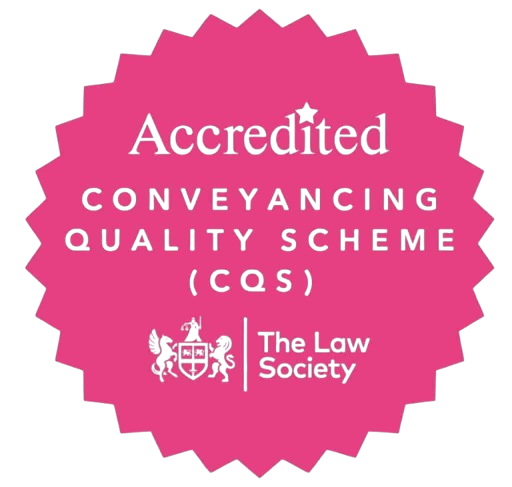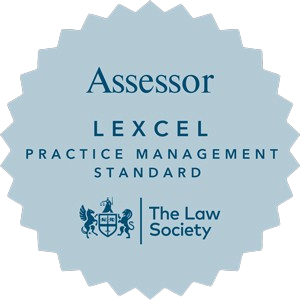Buying process
Upon instructing us we will contact the seller’s solicitors and inform they we have been instructed by you. We will ask them to forward the contract pack to for us to review. We’ll also apply for the searches you require.
We will check if there are other costs such as stamp duty and land transaction tax and advise you of such based on the instructions you provide.
We will liaise with any mortgage company/broker, management company or any other organisation if necessary
We then review the contract documents, any searches, any mortgage offer, information from the seller. We will advise you accordingly.
We will draft the necessary transfer documents.
Property searches
Searches are enquiries with public authorities that give you more information about the property you plan to buy. Carrying out a search is the only way to get all the information that might impact your decision to buy the property. For example, searches might tell you about, planning application that affect the property, flood risk, access rights, or whether the property is affected by any planned developments.
If you are buying with a mortgage, your lender will almost certainly insist that you carry out searches before the transaction. The three most common conveyancing searches required by mortgage lenders are:
- Local authority search – covers a number of issues including planning and building regulations
- Water and drainage search – this will reveal the drainage and sewerage arrangements for the property
- Environmental search – this will inform you of any environmental risks such as flooding, ground stability or contamination.
There are also additional searches that might be necessary which we may advise you off based on the location of your property and may be required based upon information we receive from the seller’s solicitors or may be highlighted as the results of the initial searches above. We will advise you of the searches we feel will be required however you may if you wish information us of a search you require.
For more information on the types of searches we may do and their likely costs, please click here.
Property survey
The property is usually sold to you as seen (unless new build) and therefore you accept the property condition on the date of contracts are exchanged.
Please be aware that a lender’s valuation is not a structural survey. It is just a limited inspection by the lender’s valuer for mortgage valuation purposes only.
As your home is likely to be your most valuable asset, we recommend arranging a full survey from an independent surveyor with experience in the local area.
Exchange of contracts
This is the part of the process where you become legally bound to buy the property. This exchange of contract is done formally through a telephone conversation between solicitors. It defines price, date and the particulars of completion.
It is important to know the following key points during a transaction:
Until the exchange of contracts, either party is free to withdraw from the transaction without penalty.
You will have to pay part of the purchase price to us as a deposit. Either we or the seller’s solicitors will hold this until completion. This can be forfeited, if you fail to complete the contract.
The law on property purchases says “buyer beware” so it is important that you have inspected the property before exchange of contracts to ensure that you are happy with its boundaries and physical condition, as you are unlikely to be able to claim any losses from the seller at a later date. This is another reason for you to do your due diligence. We assist in this by conducting the searches.
Completion date
If all goes as planned with the Conveyancing transaction, this is the happiest part of the process. It is the day on which you pay the rest of the money (having already paid the deposit) and receive the keys for your new property. If any stamp duty is due this will be will also be paid by you on completion.
Registration
This is simply the final administration process we conduct on your behalf which ensures you are registered as the legal owner of the property.




